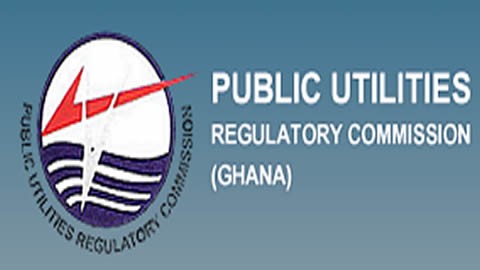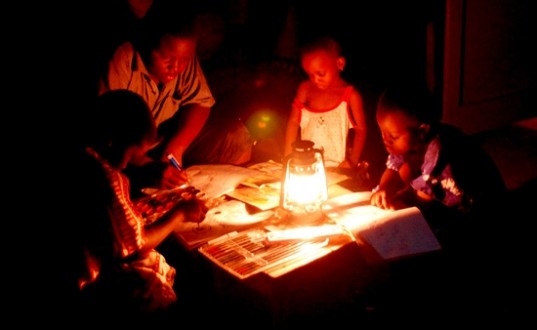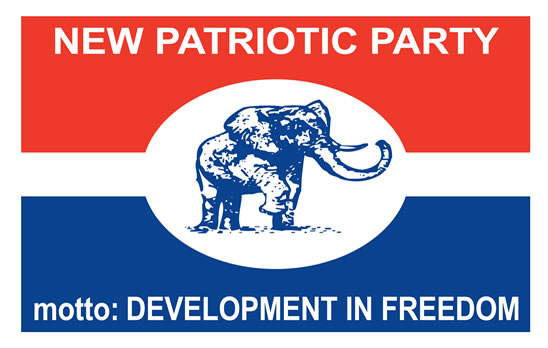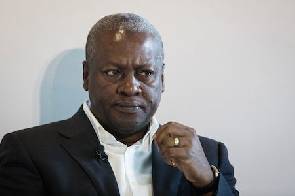
The Institute for Energy Security (IES) has raised some interesting points on the recent announcement of electricity tariff reductions while at the same time commending government for the move. Check out their statement below:
PURC’s electricity tariff reduction commendable but…
Since the last tariff reviews, calls for a downward reduction by electricity consumers have been unanimous.
These calls have been met with stark realities of high cost of production, expensive Power Purchase Agreements
(PPAs), depreciation of the Ghana Cedi and the increasing cost of maintenance. The Public Utilities Regulatory
Commission (PURC) has announced major electricity tariff reductions for various categories of consumers from
10% to 30%, based on its 2015 Gazetted Electricity Tariffs, which takes effect on March 15, 2018. We commend the PURC for carrying out its mandate. We recognise that the high cost of electricity tariff in Ghana has led to suppressed demand leading to spare capacity, as some major consumers have resorted to other sources
of electricity which is relatively cheaper. This major reduction should stimulate consumption which should have
a positive impact on revenues in the long term.
The quantum of this major tariff reduction by the PURC comes as a surprise especially when the regulatory
commission’s Draft 2018 Major Electricity and Water Tariff Review Results and Explanatory Notes concluded
in terms of allocation of all classes of consumers; their result indicated a 12.54%reduction. Further, it disclosed
that the basis for the reduction were the “removal of 5% PURC Benchmark Provision for Uncollectible which
over the years has been allowed as part of the overall revenue requirements for the Distribution utilities and also,
a 31.5% growth in customer population from 3,575,733 in 2015 to 4,702,735” which would have an adverse
effect on cost of production.
The report also indicated that there is a significant idle capacity comprising ASKA, Karpowership and CENIT
totaling 780MW, a total energy of 6287 GWh, which translate to Ghs 2,354 billion in monetary terms as per
ECG’s submissions. Further, it captures the Market-driven and macroeconomic issues like price of crude oil,
heavy fuel oil, distillate fuel oil, price of natural gas (from indigenous market and from WAPCo), Ghana Cedi –
US Dollar Exchange rate and inflation.
While the Institute for Energy Security (IES) welcomes the decision of the PURC which is good news for
consumers, we are however cautious to celebrate this milestone considering the demands made by the Utility
Service Providers (USPs) and also government’s own estimate of 14% reduction. We urge the PURC to make
public its findings and the basis for arriving at this decision for interrogation and further scrutiny. It is
particularly important we know the position of the USPs whether or not they agree with the conclusions of the
PURC.
Furthermore, we call on government, through the Ministry of Energy, to address the issue of subsidies and taxes
in the tariff structure in the wake of this announcement. In our considered opinion, if gains have been made
which warrants a reduction, it is important we take a second look at subsidies which have huge repercussions on
government revenue. It is also important government considers the VAT/NHIL of 17.5% on electricity tariffs.
Signed: RICHMOND ROCKSON
Principal Research Analyst-IES





